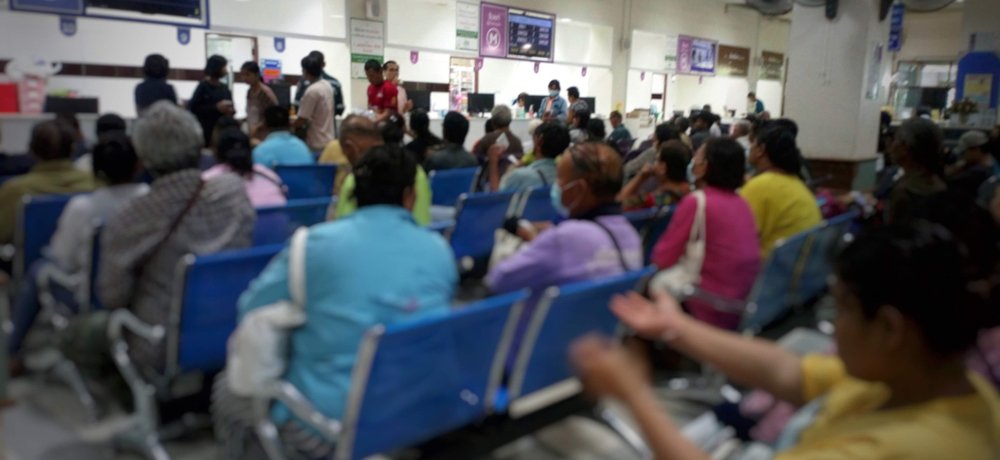Tech Leaders
Research highlights clinician attitude to technology’s role in clearing backlogs

The survey of 600 oncologists and surgeons across the UK, Germany, France, Spain, Italy, and Poland revealed that an estimated three years is required to clear the patient backlog, with one fifth of respondents (18%) predicting it could take at least another five years (compared to only 7% in 2021).
With the effects of the pandemic still keenly felt in hospitals across the continent – and a recent report suggesting that one million cases of cancer have been missed – Sony commissioned its second iteration of research gauging sentiment among European clinicians towards their workloads, mental health, and the role of new medical technologies in addressing key challenges within health systems.
Reflecting the pressure on oncologists and surgeons, almost nine out of ten (87%) experienced a downturn in mental health for a second consecutive year. Nearly a third (31%) stated that they had experienced burnout – an improvement of only four percentage points from 2021 – and whilst all instances of mental health issues have fallen, there remains at least a quarter who are experiencing one or more of the following: anxiety (34%), distress (30%), depression (28%) or insomnia (27%).
Eight out of ten (83%) clinicians believe that technology can help hospitals and healthcare institutions reduce the post-pandemic backlog faster than currently estimated. However, this figure stood at 97% in 2021, perhaps indicating a loss of faith as healthcare systems fall behind with technological investment and struggle to equip frontline health workers with the tools they need.
Ludger Philippsen, head of Healthcare Solutions Europe, Sony, said: “Our survey shows the sustained impact of long patient backlogs on the hard-working surgeons and oncologists on the frontline. Healthcare professionals’ trust that technology can help is falling, so it’s the job of the technology companies, such as Sony, to ensure we’re effectively partnering and doing more to provide innovative solutions to help efficiency and timesaving, such as through our scalable digital imaging platform NUCLeUS.”
According to the medical professionals surveyed, IT bottlenecks include poor or inefficient content management and inadequate workflow solutions. One example cited is the inability to stream live video content during surgical procedures for assessment by other consultants or for training purposes. Similarly, respondents felt that enhanced clinical workflows can help reduce the cancer patient backlog by providing a faster and more efficient patient pathway through diagnosis and treatment, as well as telemedicine for virtual appointments and follow-up with patients.
Artificial Intelligence was another technology pinpointed by surgeons to reduce patient backlogs, while virtual monitoring can free up time to see more patients. More generally, the clinicians polled in Sony’s survey highlighted outdated IT infrastructures and an overall lack of appropriate technology as critical obstacles to patient care.



